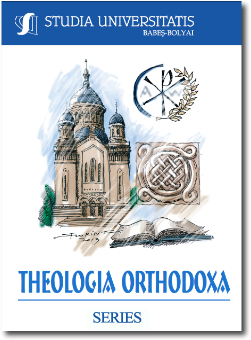PERSONHOOD REVISITED: IMPLICATIONS FOR HUMANOIDS
PERSONHOOD REVISITED: IMPLICATIONS FOR HUMANOIDS
Author(s): Bassam NassifSubject(s): Religion and science
Published by: Studia Universitatis Babes-Bolyai
Keywords: Orthodox Church; Patristics; Artificial Intelligence; Humanoids; Personhood; Christian Anthropology; Divine Knowledge;
Summary/Abstract: Technological innovations in Artificial Intelligence have reached a state where human-like robotics are endowed with rich personality and cognitive intelligence, able to engage emotionally and deeply with people. This progress in developing humanoids opens the way for a robot to obtain not just human, but superhuman attributes, such as omniscience and omnipotence, autonomy and self-awareness, freedom and interpersonality. On the other hand, this futurist situation could be considered as a possible threat to Christian anthropology, since it reaches a creation having the likeness of humanity that seem to retain a sense of personhood. This paper attempts to confront these challenges facing Christian theology today through first, revisiting Christian anthropology and the Patristic views on personhood, which look at a human being as an unfathomable mystery. Second, it presents the implications of this theology upon the arguments that consider humanoids as persons, showing that this postmodern issue is not just a crisis in anthropology, but also has its roots in a crisis in knowledge. Finally, this paper affirms that Christians are called to embrace science and technological progress. This can be done when rationalism is led by the intellect, the spiritual cognitive center of humankind. In doing so, humankind reaches epignosis, the correct or divine knowledge, the gift of true perception, or right discernment, which surpasses all rational human knowledge and algorithms, and directs all technological powers to God’s glory.
Journal: Studia Universitatis Babes-Bolyai - Theologia Orthodoxa
- Issue Year: LXV/2020
- Issue No: 2
- Page Range: 27-43
- Page Count: 17
- Language: English

